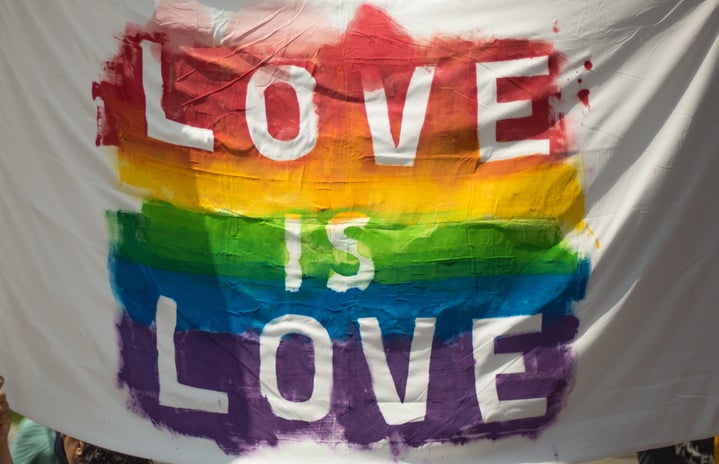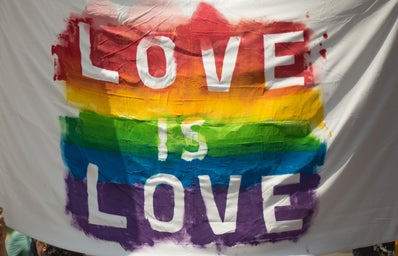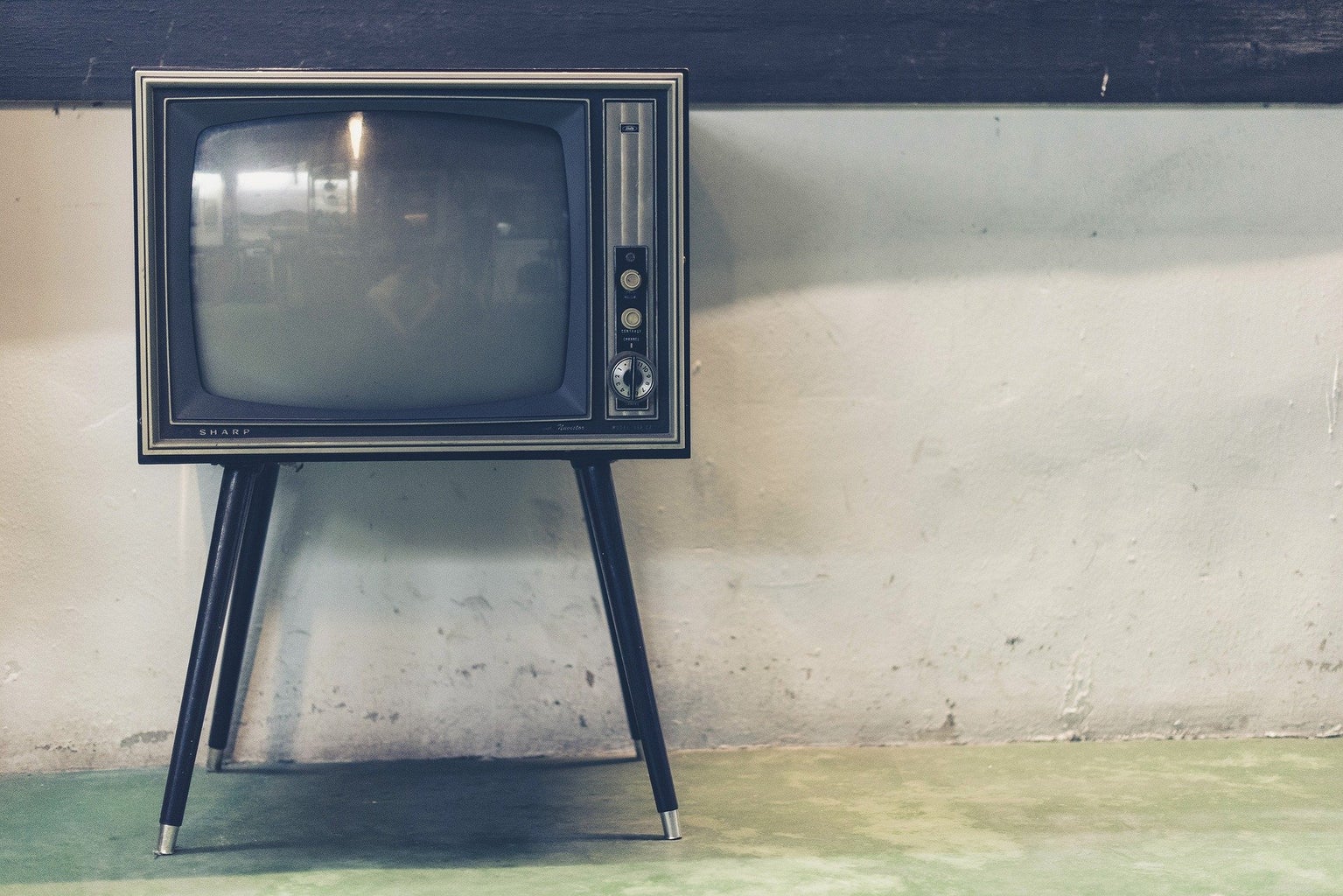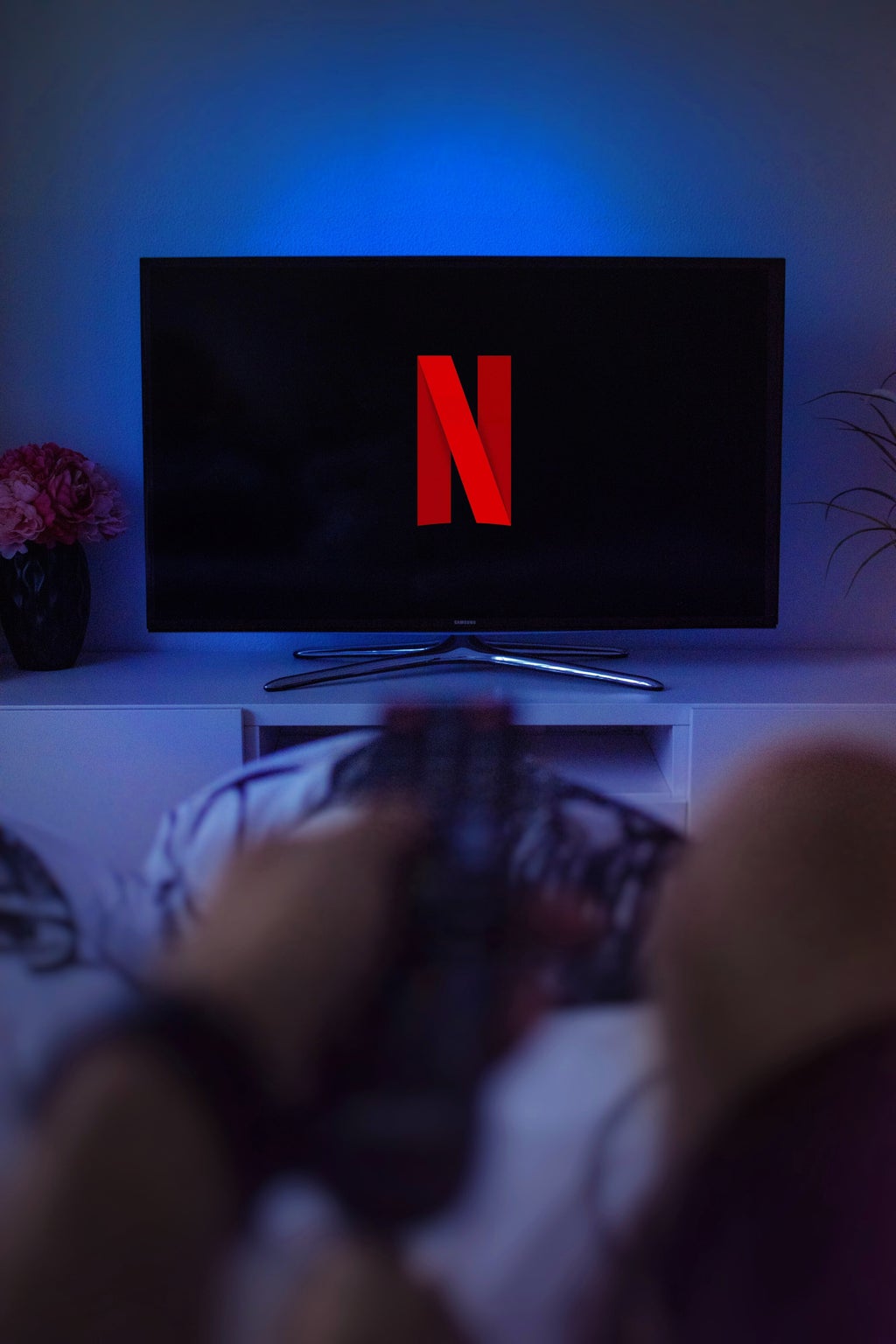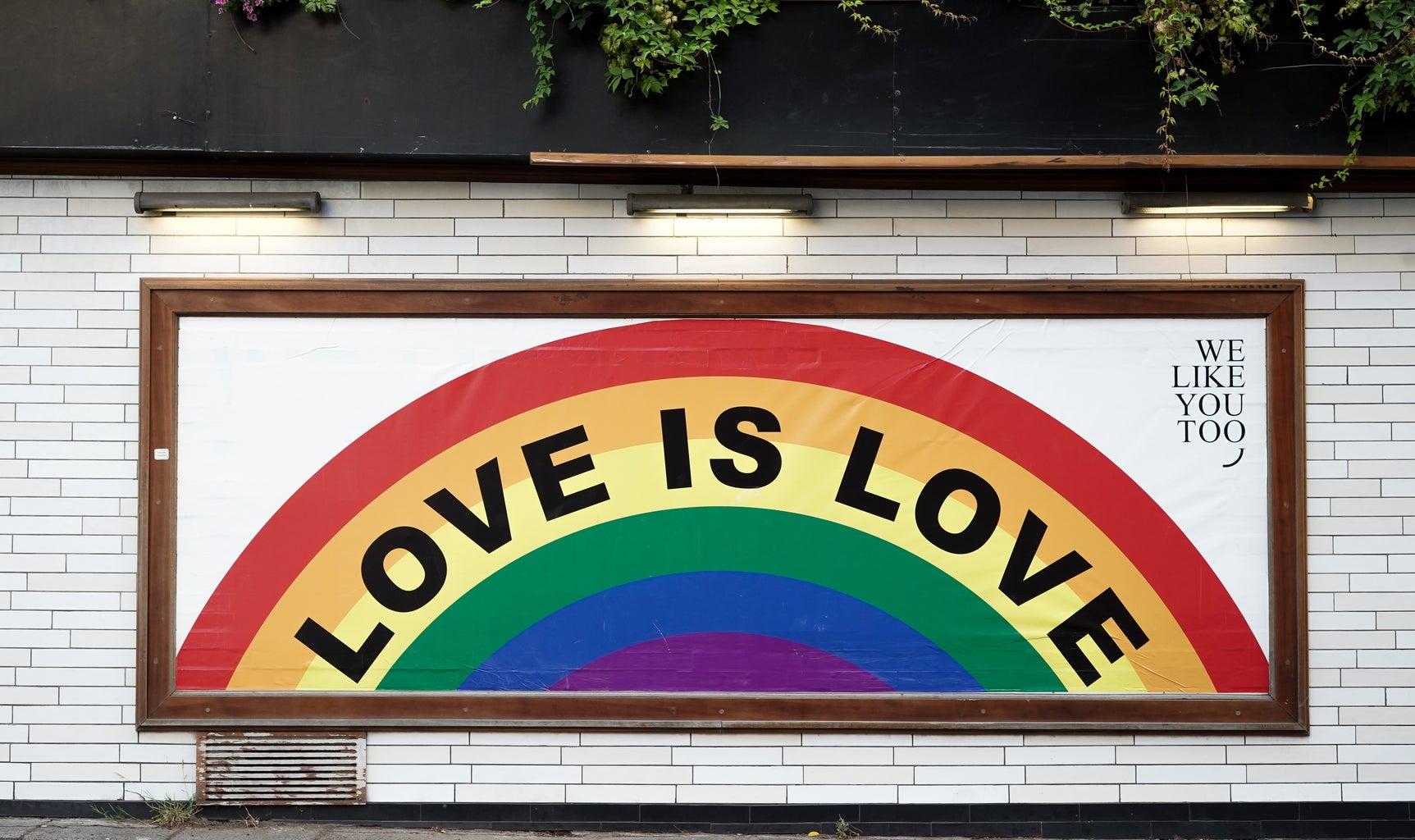Growing up in a sheltered, suburban, Indian household made me rather oblivious to the spectrum of genders and sexualities that compose the human experience. I opted out of Family Life Education in elementary school through high school, and honestly, learned most of what I know about gender and sexuality through my Anatomy and Physiology and Endocrinology classes as a pre-medical student at VCU.
As someone who grew up watching Indian comedy shows where males dressed up as females were constantly ridiculed, I have not had a lot of experience engaging with LGBTQ+ media. I was surprised to notice that when watching shows like “Young Royals,” I became concerned about the characters, and formed parasocial friendships with them. This helped me better understand the perspectives of real individuals who have to deal with satisfying parental pressures while staying true to their personal desires. Although I was initially resistant to the idea that someone could be sexually attracted to the same gender, or even more than one gender, I was exposed to more and more media, like watching the Netflix show Heartstopper, that normalized fluidity in definitions and gender terminology. Slowly, I was able to change my perceptions and become more comfortable with ideas beyond the nuclear family and heteronormative stereotypes I was so familiar with.
Attending an urban college and befriending individuals who were not straight was eye-opening for my understanding and support for the queer community. A lot of my friends identify as bisexual or gay, and we often have discussions about how they often feel alienated in their households and by mainstream society. By having these conversations and asking questions about issues that I felt biased about, I was able to break out of my comfort zone and acknowledge my stereotypes. With the rise of sapphic pop like Chapell Roan and being in Richmond with a thriving LGBTQ+ community, I have been able to attend events like the Pride Festival and feel more passionate about celebrating our differences instead of perpetuating divisiveness. I know a number of my friends also attend drag shows and explore different styles of dressing to experiment with their identities and express themselves.
I am grateful for my shift in mindset and urge others who have similar upbringings to understand the queer community to take action. We have made societal rules that define “right” and “wrong, but we also have the power to change them. I identify as a straight female with she/her pronouns, but that does not prevent me from continuing to be an ally for the LGBTQ+ community. We can start by educating ourselves on previous injustices, like the Stonewall Inn Uprising that inspired a movement towards inclusion and equity. Instead of avoiding media about the queer community, we should start to normalize it in books, movies, and popular culture. In my future practice as a physician, I know my experiences learning about the queer community will confer cultural competencies that will make my patients more comfortable. I believe we can all proudly identify as allies for the LGBTQ+ community, even if you just start by watching an episode of RuPaul’s Drag Race or adding your pronouns to your email signature.
